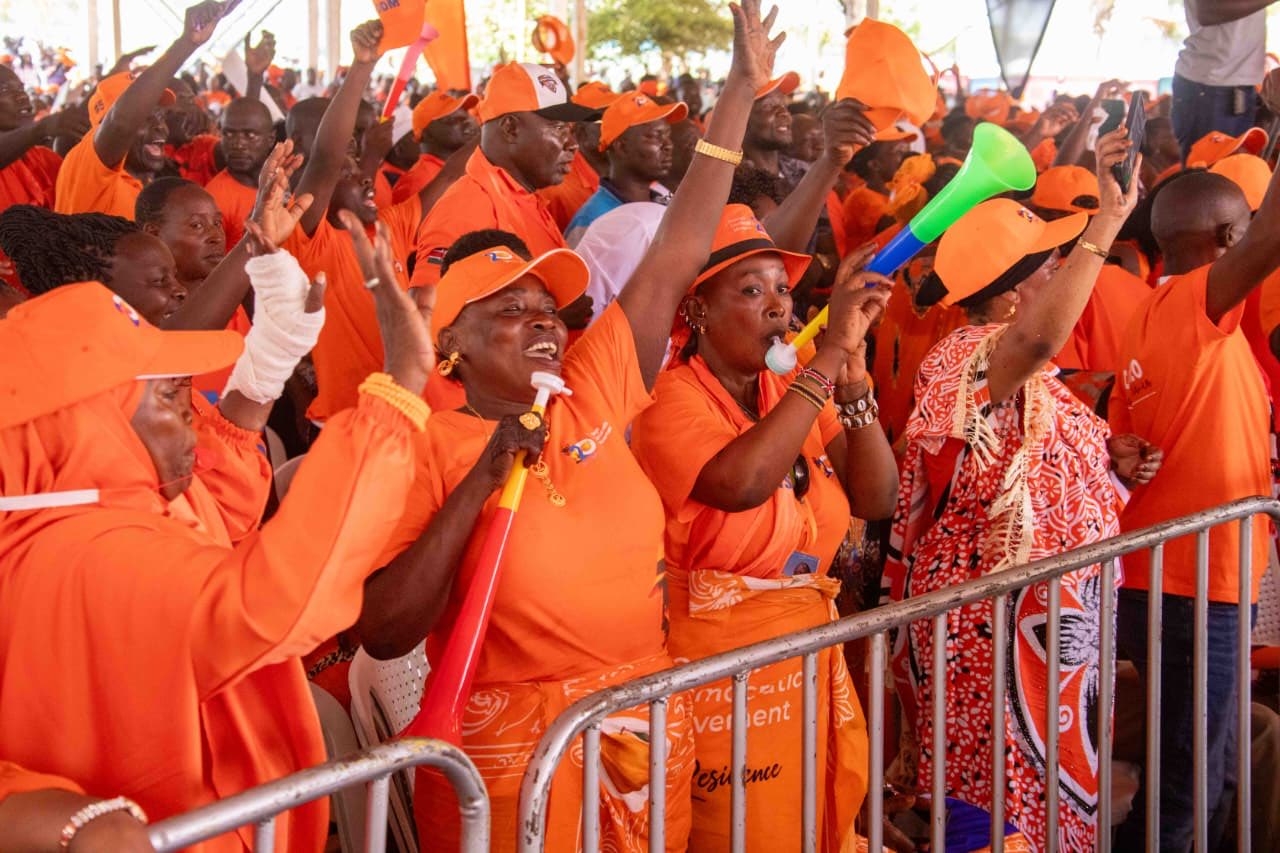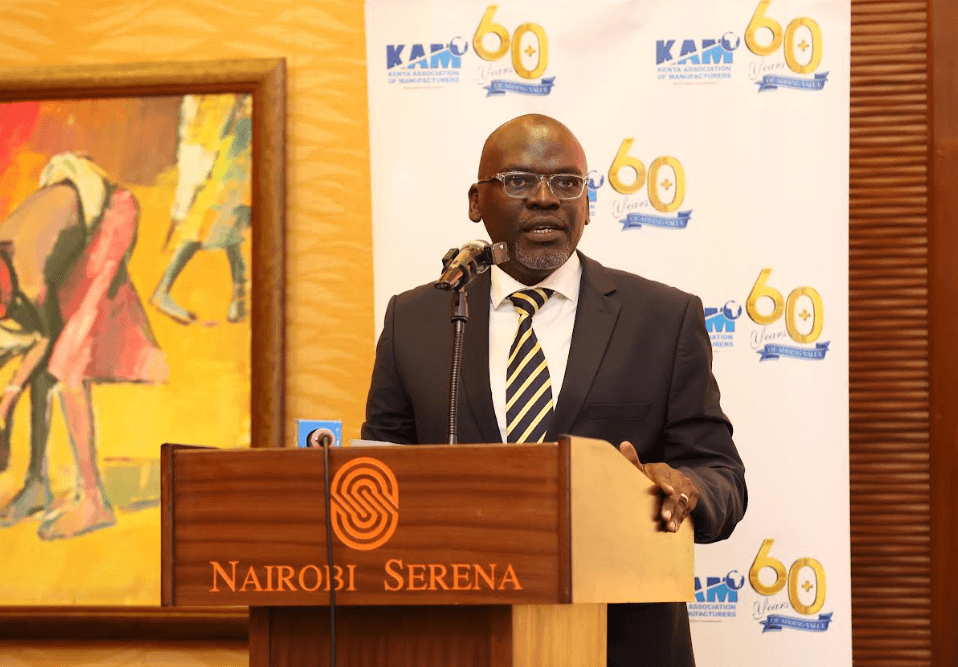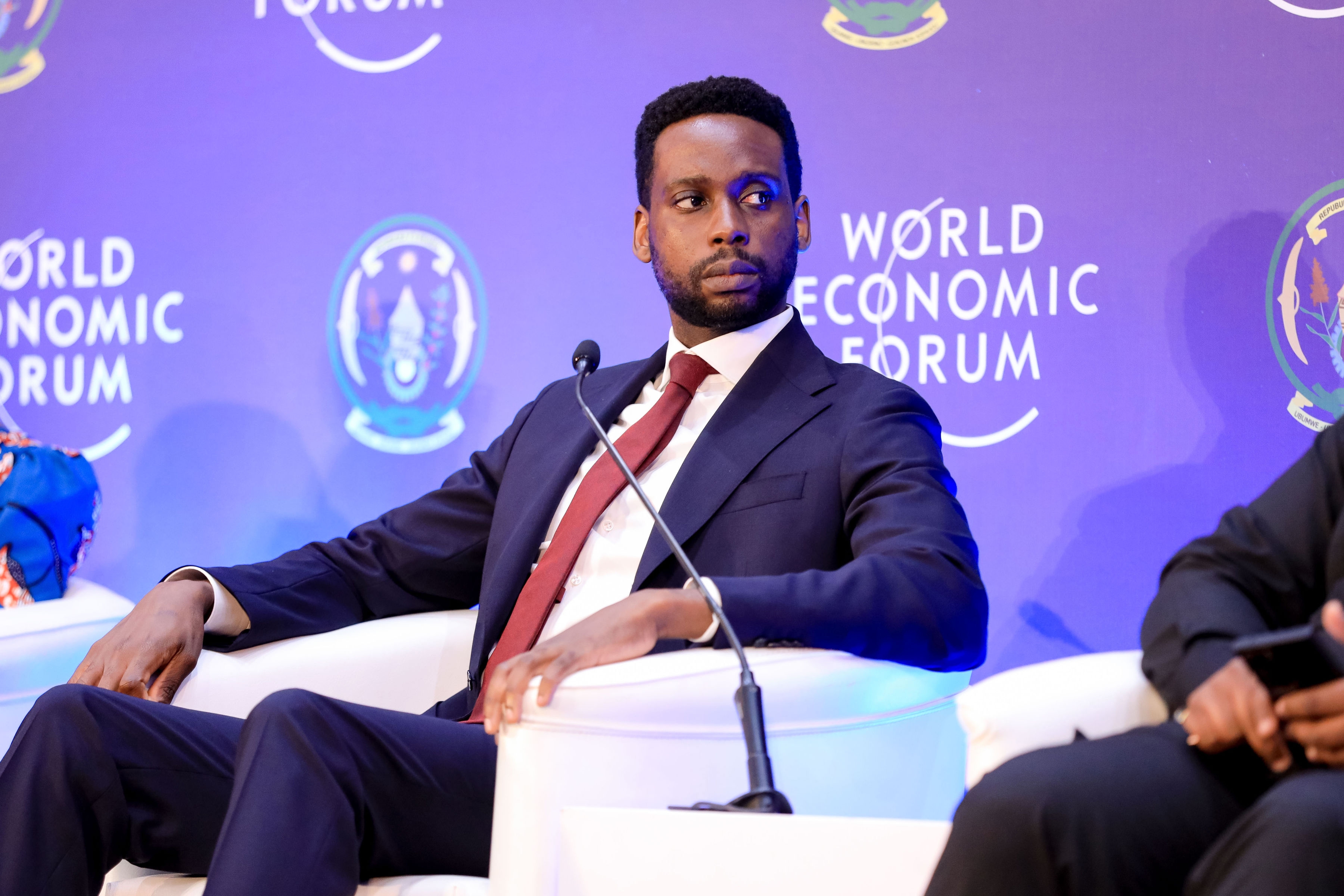
As Raila Odinga’s body was laid to rest in Bondo, so too was buried the unifying soul of a party that once gave Kenya its fiercest democratic hope.
Since then, the divide about
ODM’s future has been glaring.
One side
opposes committing the party to any agreements with President
William Ruto beyond August 2027, while the other side always reminds everyone
that ODM is in the broad-based government — and it will not leave. But the
broad-based faction cannot yet tell Kenyans the ideological justification for
remaining in Ruto's government or what ODM even means beyond those three
letters.
This division
reveals an existential crisis of a party uncertain of its soul, torn between
power for its own sake and conviction. A party that does not know what it
stands for cannot purport to lead Kenya into its future, whether in government
or in opposition.
WHAT DOES ODM
STAND FOR?
Raila gave
ODM its soul and its ideological underpinning. He lived those values. With him
gone, ODM must build on this foundation, institutionalise what he embodied.
ODM claims to
be a social democratic party. But social democracy is not just a label. It is a
political philosophy rooted in
justice and equality, a socio-ecological economy serving the public good, not
elite enrichment. It means fair taxation, universal healthcare,
quality education, protection of workers’ rights, environmental protection, and
robust social safety nets.
Across continents
and decades, social democracy has always resisted tyranny, choosing democracy
over dictatorship, justice over expedience, and principle over power. In 1933,
only the Social Democratic Party of Germany voted against Hitler's Enabling Act
that paved way for a Nazi dictatorship and the Holocaust. A lonely act of moral courage that cost many
members their lives. This is the kind of legacy that ODM claims to redraw
inspiration from. The question now is
whether the party’s current leaders can live up to it.
ODM holds critical
dockets Ruto's Cabinet such as the Treasury, Justice, Energy and Regional Development.
Are its ministers fighting for these social-democratic ideals or are they
merely administering Ruto’s policies?
The party was
formed out of Kenya's constitutional struggle and the fight for devolution,
multiparty democracy, rule of law and protection of civil rights. Yet, it has largely remained silent on recent police
killings even at Raila’s body viewing at Kasarani. Does its current behaviour,
within and outside government, strengthen constitutionalism, and promote
protection of human rights, or has it abandoned the very ideals that gave it
legitimacy?
Raila
championed devolution to bring government and development closer to the people.
Will ODM recommit to strengthening accountability and service delivery in the
counties? Or will it become another force for centralism as long as its members
occupy national executive offices?
On
environmental protection, the betrayal is most stark. Raila paid a heavy
political price to protect the Mau Forest Complex. Now, Ruto's government has lifted the logging ban in the Mau Forest Complex
and ODM’s silence is deafening. If ODM won't fight for Mau, the issue that
defined Raila's environmental commitment, what will it fight for?
MODERN
NATIONALISM AND DEVOTION TO COUNTRY
ODM must also
resist any attempt to make it a Luo ethnic party and instead articulate a
vision of modern Kenyan nationalism, different from ethnic mobilisation that
has poisoned our politics. One that celebrates Kenya's diversity, promotes
equal citizenship, development and solidarity, regardless of ethnicity or
region.
Raila is a
celebrated nationalist because he embodied devotion and service to Kenya
throughout his life. Selflessness, resilience, and always standing for what he
considered right and just, even at great personal cost. True devotion to
country means sometimes sacrificing personal advancement for principle or even
leaving government when staying compromises your values. ODM leadership must
ask itself whether it can discern such values, let alone embody them.
IDEOLOGICAL
RENEWAL FIRST, PERSONNEL SECOND
Only after
ODM answers these fundamental questions can it meaningfully address leadership
issues and map out a 2027 strategy.
But answering
them with ideological clarity requires the party to rediscover its intellectual
depth - serious minds capable of deeply dissecting the problems of our times,
connecting the dots to our past, and creating a compelling vision for Kenya's
future, just like Raila did.
The party
should undertake a national conversation, bringing together intellectuals,
policy experts, grassroots members from all counties to define what ODM stands
for in the post-Raila era. This task requires genuine democratic engagement
with the ground and not backroom deals.
ODM should
also study successful social democratic parties globally. Many survived because
they had ideologies transcending individuals. They invested in policy,
research, and youth training. They debated ideas instead of dividing spoils.
ODM too can become a school of ideas, not a competition for positions.
Yes, some will say that money, ethnicity, and
personality and not ideology win elections in Kenya. But without ideology,
parties become briefcases. They win power but lose purpose. In a society hungry
for issue-based politics, ODM has a chance to prove that conviction can coexist
with political realism.
If ODM fails,
if it cannot transcend Raila and institutionalise his values, Kenya loses a key
potential alternative to the status quo.
In the end, nothing would honour Raila’s legacy more than a strong ODM that gives progressive Kenyans a political voice and through which their ideas are implemented in a democratically elected government.
“Mugendi Nyaga is an actuary and public policy analyst”
X: @Nyagacm


















